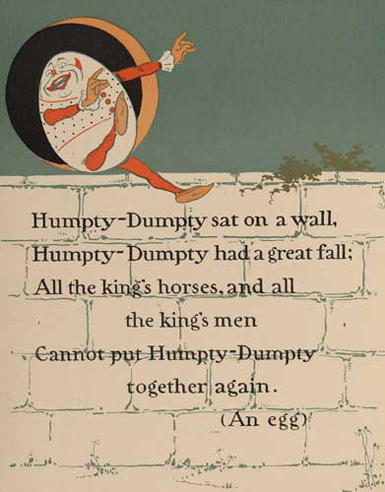 The higher they climb, the farther they fall…
The higher they climb, the farther they fall…
How often have we heard this sage comment? And how many times have we seen it in the lives and actions of others? Especially in today’s volatile political arena. But do we ever think of it in relationship to ourselves?
Dr. Saira Sabzaali’s insightful commentary on the danger of the pedestal provides tips on how to fall off gracefully and put yourself back together again in a new and more authentic way.
As the “good girl,” the “golden child” in my own family, I have been through this humpty-dumpty experience many times. For some of us the fatal attraction to pedestals is a lifelong thing– since even when you’re trying to avoid them yourself, other people (used to looking up instead of looking inward) put you there. So I’ve been “pedestaled” as a daughter, big sister, good student, girlfriend, wife, divorcee, mother (and single mom), employee, community activist, teacher, and even therapist.
This last is the most dangerous of all– because clients automatically tend to look to their counselor or therapist as someone who can magically make all the bad feelings disappear. Unfortunately, even when we sincerely believe we can help someone in dire straits — or (heaven forbid!) “save” someone– we’ve climbed right back up on that pedestal and are teetering on the edge, in danger of falling and breaking not only ourselves but the client who’s depending on us to pull her out of the tar pit, clean her up, and send her on her merry way.
After the first few decades of the humpty-dumpty experience I began to wise up, and now I tell clients that I’ll do my best, but I warn them not to expect perfection– in me or in themselves– because perfection isn’t possible for any human being. It’s a relief to acknowledge this simple truth. It keeps us honest. And I think perhaps it helps our clients more to see that we too are fallible people who’ve learned what we share the hard way, rather than to look up to us as exalted creatures who have somehow managed to escape the pain and disappointments of everyday life. We’re all in this together, after all.
